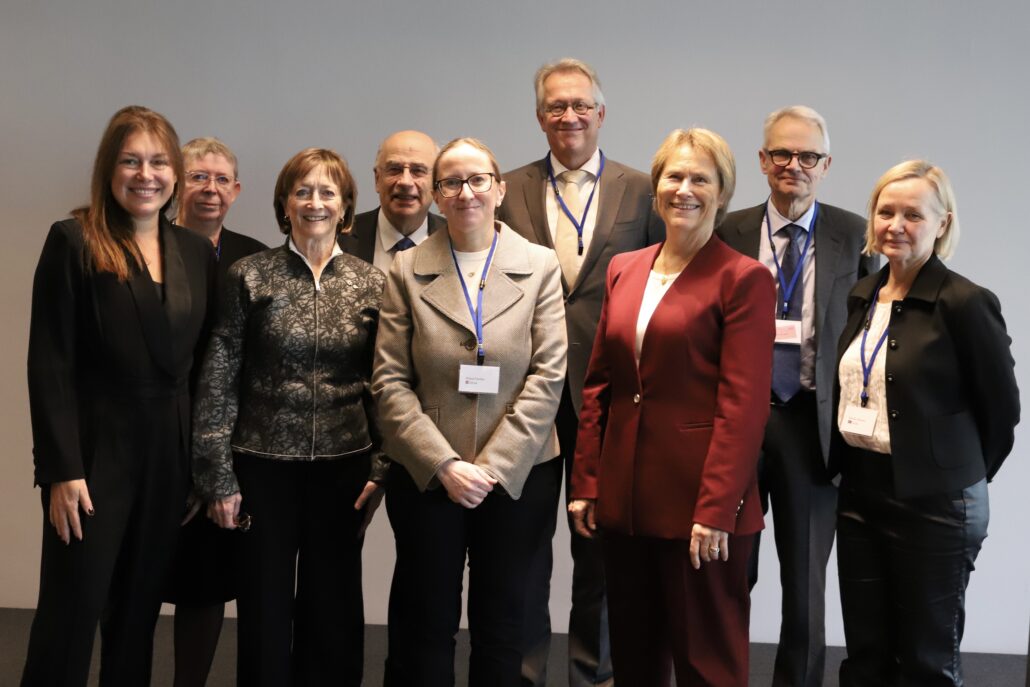International cooperation
The intelligence and security services are increasingly engaging in international cooperation, and they are also sharing more and more information across national borders – and a lot of these data are sensitive personal data. This development brings new challenges for the oversight bodies as well. Therefore we need to cooperate with foreign oversight colleagues in order to share experience and receive input that could help us to improve our oversight.
In 2015, the EOS Committee started a project together with the oversight bodies of Denmark, Switzerland, Belgium and the Netherlands. In this project, the oversight bodies investigated their national services’ international exchange of personal data about foreign terrorist fighters.
In 2018 the EOS Committee together with the four other oversight bodies published a statement about “Strengthening oversight of international data exchange between intelligence and security services".
This cooperation was born as a consequence that oversight bodies in these countries experienced new problems and issues arising from the rise of foreign terrorist fighters and more and more exchange of information between intelligence agencies internationally.
United Kingdom’s IPCO, Sweden's SIN and SIUN and Canada's NSIRA has from respectively 2019, 2022 and 2025 been partners in the cooperation, which now is named the Intelligence Oversight Working Group (IOWG). The participating oversight bodies from the eight countries have all signed a charter that you may read here.
No classified information is exchanged between the participants in this cooperation.

The oversight bodies of Norway, Sweden, Denmark and Finland also meet every other year for a Nordic meeting.
The Committee has also had meetings with oversight bodies from other countries such as Germany, New Zealand and Lithuania.
And in November 2023 the EOS Committee hosted, together with its Swedish and Danish oversight colleagues, the 5th edition of European Intelligence Oversight Conference in Oslo. In 2025, Switzerland hosted this conference
The Committee has also cooperated with the Geneva Centre for the Democratic Control of Armed Forces (DCAF) and Professor Ian Leigh at the Human Rights Centre, University of Durham. The collaboration led to a 2003 seminar in Oslo, which in turn led to the publication of a handbook on the oversight of security and intelligence services. A similar seminar was held in Oslo on October 2008 as well. And in 2015 the book «Making International Intelligence Cooperation Accountable» was published.
The Committee has as well had several meetings with Thorsten Wetzling from interface (previously known as Stiftung Neue Verantwortung) who heads the think tank's research on digital rights, surveillance and democracy.
The Committee's annual reports account for the Committee's meetings with and visits to foreign collaborative partners in the last year, as well as conferences and seminars the Committee has attended abroad.